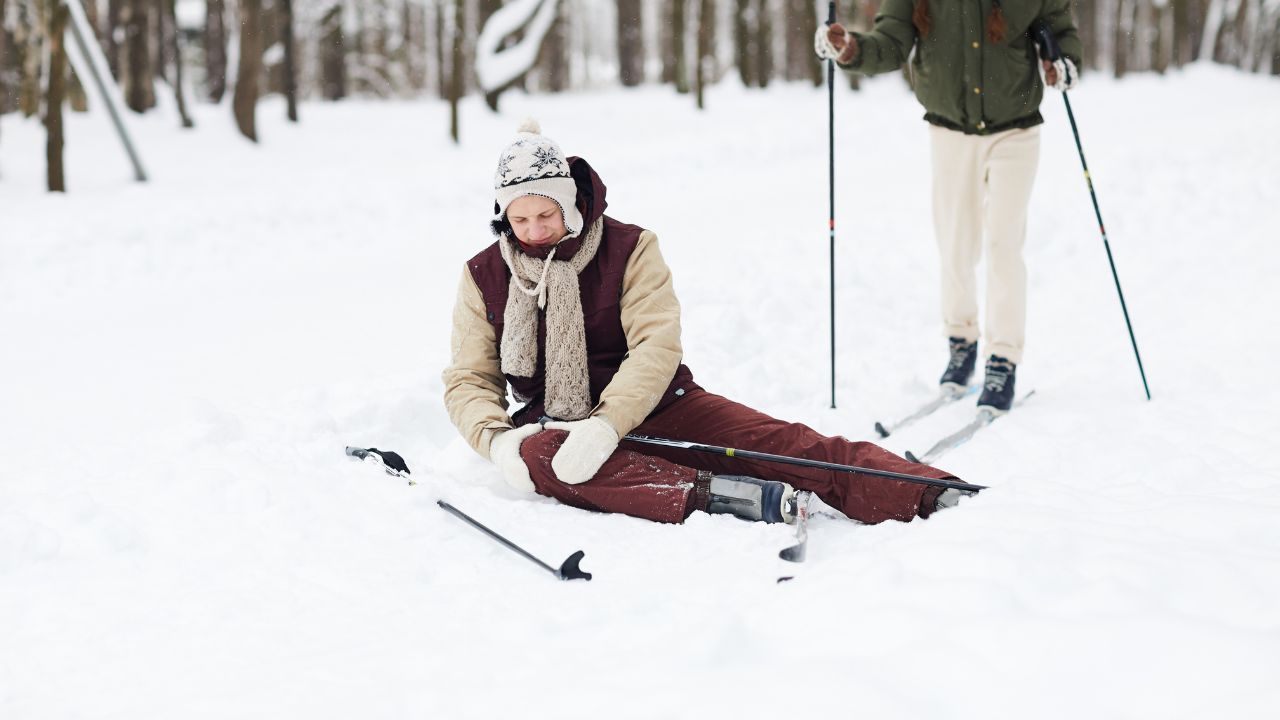Blog and News

Common Winter Injuries And How To Prevent Them

Nearly 500,000 people were treated at hospitals, doctor’s offices and emergency rooms for winter injuries and sports-related injuries in 2013, according to the Consumer Product Safety Commission. Roughly one-third were from snow skiing, one-third from snow boarding and the other third from ice skating, sledding or tobogganing.
Common winter sports injuries include sprains, strains, dislocations, and fractures. Many of these injuries happen at the end of the day when people overexert themselves to finish that one last run before the day’s end. A majority of these injuries can easily be prevented if participants prepare for their sport by keeping in good physical condition, staying alert, and stopping when they are tired or in pain.
There are many things you can do to help prevent injury during favorite winter activities.
- Never participate alone in a winter sport.
- Keep in shape and condition muscles before participating in winter activities.
- Warm-up thoroughly before playing or participating. Cold muscles, tendons, and ligaments are vulnerable to injury.
- Wear appropriate protective gear, including goggles, helmets, gloves, and padding.
- Check that equipment is working properly prior to use.
- Wear several layers of light, loose and water- and wind-resistant clothing for warmth and protection. Layering allows you to accommodate your body’s constantly changing temperature. Wear proper footwear that provides warmth and dryness, as well as ample ankle support.
- Know and abide by all rules of the sport in which you are participating.
- Take a lesson (or several) from a qualified instructor, especially in sports like skiing and snowboarding. Learning how to fall correctly and safely can reduce the risk of injury.
- Pay attention to warnings about upcoming storms and severe drops in temperature to ensure safety.
- Seek shelter and medical attention immediately if you, or anyone with you, is experiencing hypothermia or frostbite. Make sure everyone is aware of proper procedures for getting help if injuries occur.
- Drink plenty of water before, during, and after activities.
- Avoid participating in sports when you are in pain or exhausted.
Should you suffer an injury this winter and your doctor orders a diagnostic test such as an MRI or x-ray, consider Fox Valley Imaging for the procedure. Our office is easy to get to with plenty of parking and the wait times are minimal. Best of all, our costs tend to be lower than at local hospital facilities. Give us a call at 630-416-1300 for more information.






